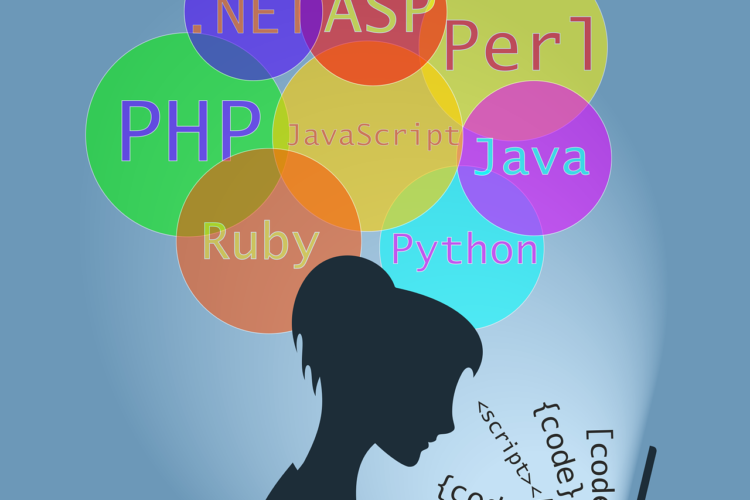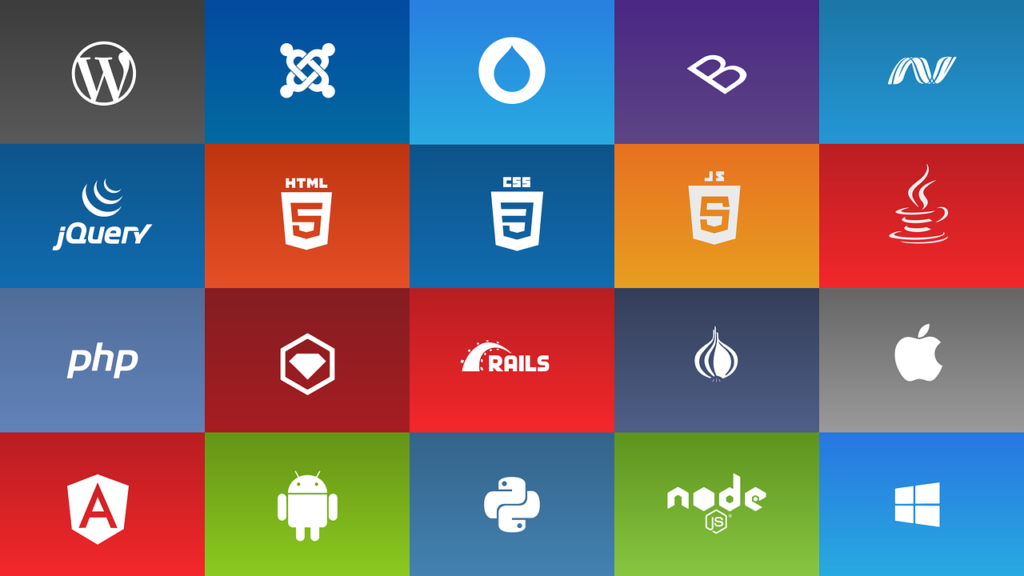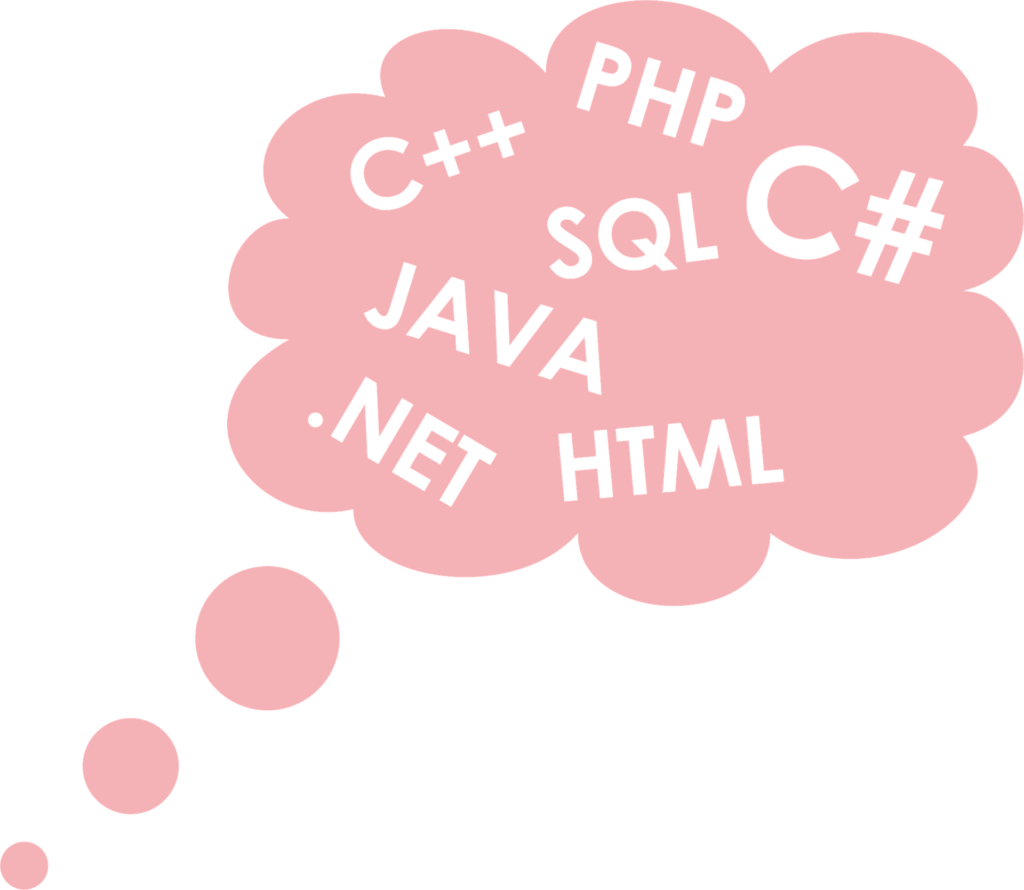
Nowadays, there are many programming languages are becoming very popular. But these programming languages have their specialisms, and each language has its own advantages and disadvantages. Typically, programming languages can be categorized into a few kinds; however, these languages support multiple programming styles. Every year there is a number of programming languages are applied, but few languages are becoming very prevalent which may use by a specialized programmer in their career.
Programming languages are used to control the operation of the computer or machine. In recent times, computer programmer has many options to select the language, but there are numerous differences between programming languages. Therefore, this article provides comprehensive information regarding the actual different types of programming languages.

A programming language is a code designed to connect commands to a computer or machine. Chiefly programming languages are used to control the functionality of a machine or to express algorithms. In recent times, numerous programming languages have been implemented. In computer parlance, many languages want to be specified in an imperative form, while other programming languages use declarative form. The program can be divided into two forms such as semantics and syntax. Some languages are well-defined by a SO standard like C language. In fact, Learning Programing Languages – C, PHP, Python, SQL have been increasing day by day because of varied requirements.
Types of Programming Languages
- Procedural Programming Language – is used to implement an of order statements which lead to a result
- Functional Programming Language – characteristically it uses stored data, regularly evading loops in favor of recursive functions
- Object-oriented Programming Language – highlights reusability through inheritance and the capability to blowout present applications without having to alter a great deal of code by using polymorphism.
- Scripting Programming Language – are frequently procedural and may include object-oriented language elements.
- Logic Programming Language – It lets programmers formulates declarative statements and then permits the machine to reason pertaining to the consequences of the statement.
In recent times, many programming languages have been very popular such as C, PHP, Python, SQL, etc.
C – It is a technical programming language. Initially, it was developed by Dennis Ritchie. As a system programming language, it writes the operating system. By design, C offers constructs that map professionally to typical machine commands and has start permanent use in applications before coded in assembly language.
PHP – It is a general-purpose programming language initially intended for web development. Originally, it was created by Rasmus Lerdorf in 1994. Originally, PHP stood for personal home page, but it now meant for the recursive initialism PHP: Hypertext Preprocessor.
Python – Python is one of the most prevalent programming languages. It is a high-level, interpreted, general-purpose programming language. It was created by Guido van Rossum. It was released in the year 1991. Its design viewpoint highlights code readability with its distinguished use of important whitespace. Its language concepts and object-oriented method aim to help programmers write clear, logical code for small and large-scale projects.
SQL – It is a domain-specific language used in programming. It has been designed for the effective management of data held in a relational database management system. It also helps for stream processing in a relational data stream management system.
Therefore, Learning Programing Languages – C, PHP, Python, SQL will never be a detrimental factor for any professionals or students. Because of varied specifications and requirements, this language performs specific functions in specific environments.

